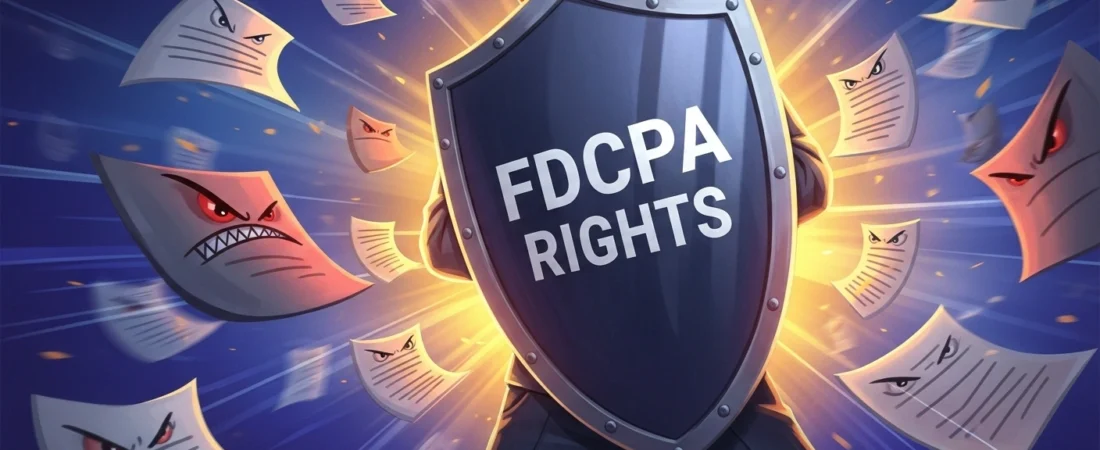How to Deal with Debt Collectors Legally and Effectively 2025 equips you with the legal rights, communication strategies, and dispute tools you need to feel in control, protect your rights, and move toward a more stable financial future.
Table of Contents
- Know Your Rights Under the Law
- How to Handle Initial Contact
- Disputing a Debt & Debt Validation
- Negotiating and Settling Wisely
- When Debt Collection Turns Legal
- Stay Organized and Prevent Future Issues
- Centsara Guides & Expert Resources
1. Know Your Rights Under the Law

The Fair Debt Collection Practices Act (FDCPA) safeguards you against abusive, deceptive, or unfair tactics by debt collectors—such as calls outside 8 a.m.–9 p.m., threats, or harassment Wikipedia+1.
You have the right to demand they stop contacting you with a written request, and they must comply—only contacting you one final time to notify of any legal action Wikipedia+1
2. How to Handle Initial Contact
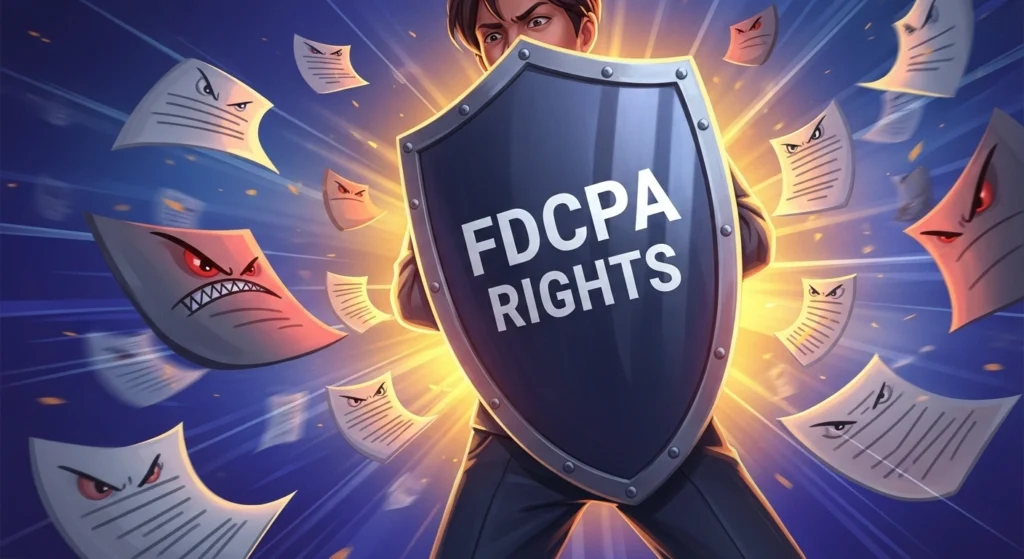
Don’t ignore any outreach. Always verify the debt first by requesting a debt validation letter, which they are required to send within five days of initial contact Wikipedia ,Investopedia , Consumer Financial Protection Bureau.
Keep a detailed log of communications—dates, times, names, and discussion points. This documentation is valuable if you need to dispute or escalate later.
3. Disputing a Debt & Debt Validation
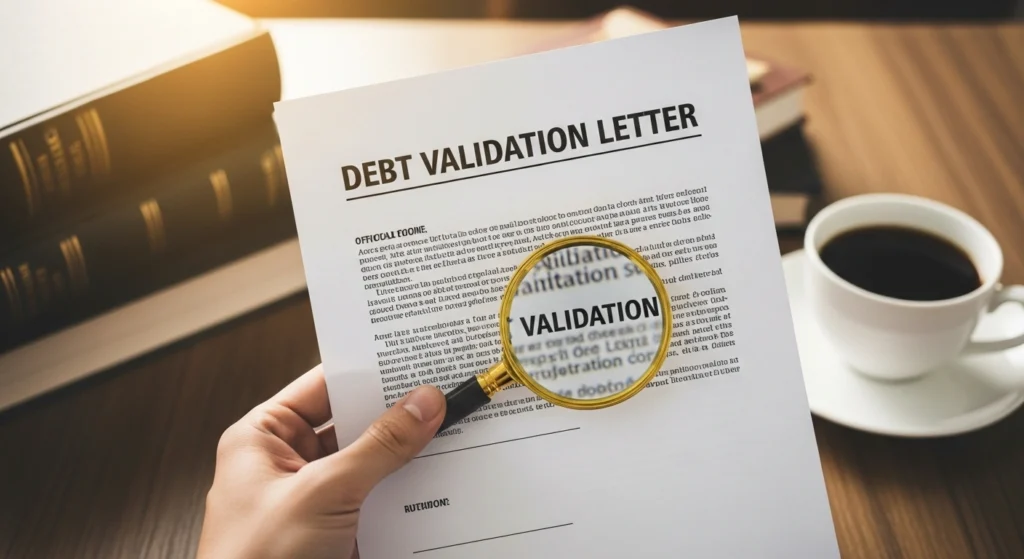
Upon receiving the validation letter, you have 30 days to dispute the debt in writing. During this time, they must pause all collection activity until they provide proof Wikipedia+1.
Use certified mail to ensure delivery, and request specifics like original creditor information Investopedia.
4. Negotiating and Settling Wisely

If the debt is valid and you can’t pay it in full, consider negotiating. Confirm what you owe, then propose a realistic plan or a lump-sum settlement—often 30%–60% of the total—based on industry reports and consumer stories Consumer Financial Protection Bureau , Glamour.
Always get settlement agreements in writing, confirming that the debt is “paid in full” and will reflect as such to credit bureaus.
5. When Debt Collection Turns Legal
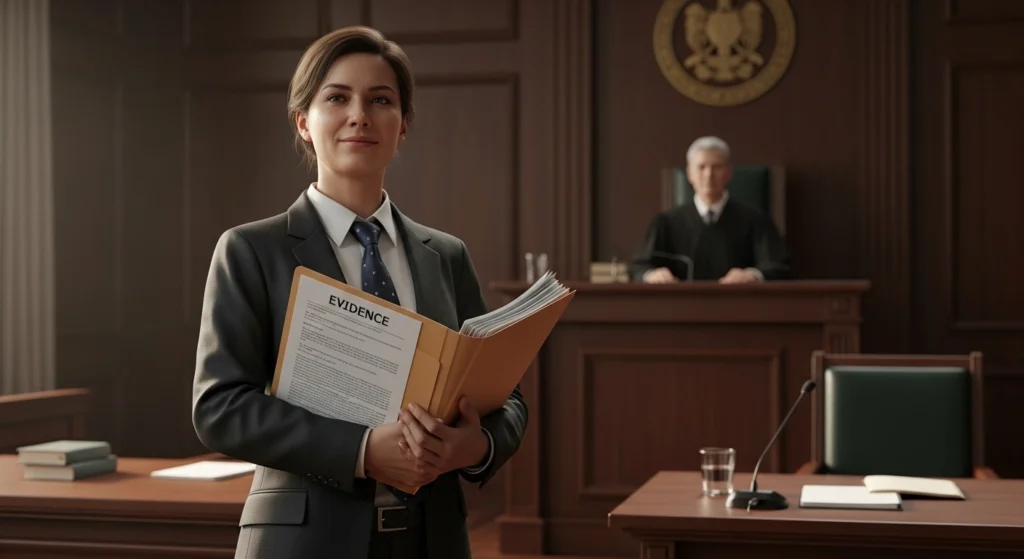
If you’re sued, respond promptly. File an Answer—if you don’t, you risk a default judgment allowing collection via wage garnishment or bank levy SoloSuit.
Demand the collector prove the debt, and check whether the statute of limitations has expired, which could invalidate the suit SoloSuitWikipedia.
6. Stay Organized and Prevent Future Issues
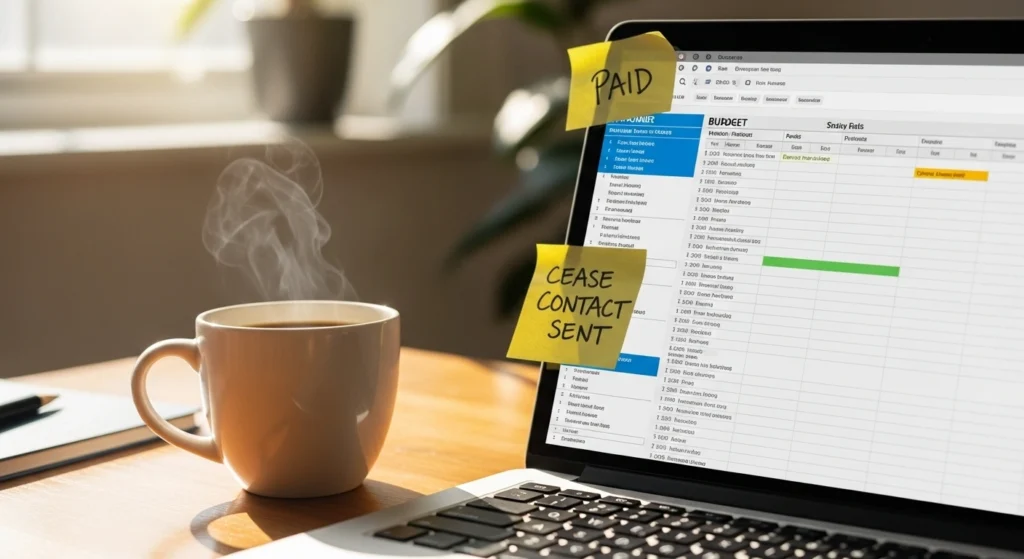
Maintain a budget, track what you owe, and regularly check your credit report to catch errors or unauthorized collection accounts Weintraub & Selth, APC.
Send a “cease communication” letter if the collector violates the FDCPA—documenting all attempts adds to your protection.
7. Centsara Guides & Expert Resources
For practical tools, explore Centsara’s guides on budgeting under pressure, communicating with creditors, and legal planning for financial recovery (insert relevant Centsara internal links here).
Also, check these helpful external resources:
- Investopedia: The importance and process of debt validation letters Investopedia.
- Consumer Finance Protection Bureau (CFPB): Advice on negotiating settlements and validating debt Consumer Financial Protection Bureau+1.
- Lexington Law blog: Overview of FDCPA rules and communication limits Lexington Law.
- SoloSuit: Steps to defend yourself when sued and use the statute of limitations as a defense SoloSuit.
Explore more
